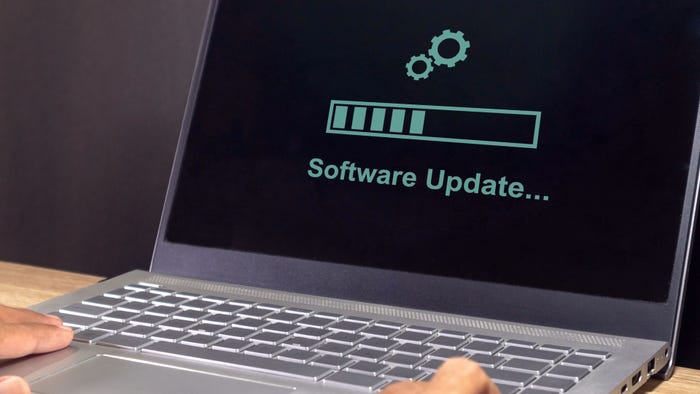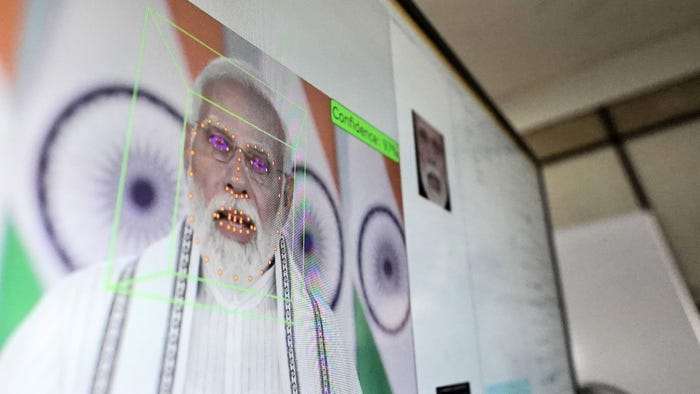Federal Reserve Hacker Indicted
Lin Mun Poo of Malaysia is accused of possessing more than 400,000 stolen credit and debit card numbers.

A federal grand jury Thursday indicted Lin Mun Poo, a 32-year-old resident and citizen of Malaysia, on charges of hacking into the Federal Reserve Bank, as well as possessing more than 400,000 stolen credit and debit card numbers. If convicted of the most serious offenses, he would face a maximum sentence of 10 years.
"The defendant made a career of compromising computer servers belonging to financial institutions, defense contractors, and major corporations, among others, and selling or trading the information contained therein for exploitation by others," according to the Department of Justice.
Secret Service agents arrested Poo on Oct. 21 -- he's been in custody since -- not long after he first arrived at John F. Kennedy International Airport. At the same time, authorities said that they seized his laptop, "which contained a massive quantity of financial account data and personal identifying information that he had allegedly obtained by hacking into various computer systems."
The Department of Justice alleged that Poo was in the country to obtain "additional stolen financial account information from other hackers, which he planned to use and sell for his own profit."
According to the Department of Justice, Poo's hacking victims "included FedComp, a data processor for federal credit unions," which he used as a springboard "to gain unauthorized access to the data of various federal credit unions, such as the Firemen's Association of the State of New York and the Mercer County New Jersey Teachers."
In addition, he allegedly compromised systems at numerous financial institutions, including the Federal Reserve Bank of Cleveland, Ohio, by exploiting known vulnerabilities.
Authorities didn’t specify the institutions from which the defendant allegedly amassed the 400,000 numbers. A central bank spokeswoman, June Gates, told Bloomberg BusinessWeek that "that incident involved a test computer at the Federal Reserve Bank of Cleveland," but involved no compromise of production data. FedComp likewise denied having any of its data stolen. Apparently, then, the stolen data came from federal credit unions.
About the Author
You May Also Like



_Daniren_Alamy.jpg?width=700&auto=webp&quality=80&disable=upscale)
